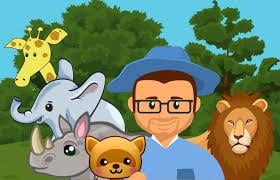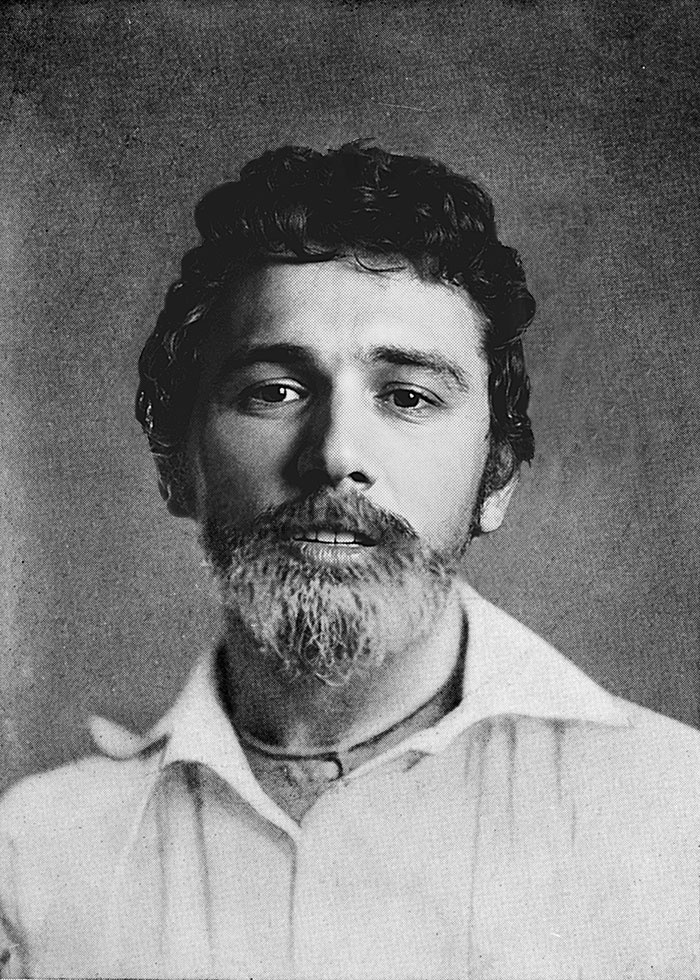- Books Name
- First Flight and Foot prints
- Publication
- ACERISE INDIA
- Course
- CBSE Class 10
- Subject
- English
Poem-7
Animals
By Walt Whitman

Animals Poem Introduction
In his poem, Walt Whitman makes a comparison between humans and animals. He has identified the flaws in the human brain that he believes animals lack. That is why he believes that animals are superior to humans.
Animals Poem Summary
The poet describes his desire to become an animal in the poem animals because he believes animals are far superior to humans. Human beings are avaricious and envious of one another. Animals, on the other hand, are calm and self-contained. The animals are content with their circumstances. They never complain about their misfortunes or sorrows. Humans, on the other hand, complain about their plight. They place more value on the wealthy and powerful, are agitated by their wrongdoings, and are drawn to the world's luxurious possessions. Animals, on the other hand, are open about their relationships and do not prioritise one class over another. They lead a life that is filled with honesty and less greed and jealousy.
Animals Poem Explanation
I think I could turn and live with animals, they are
so placid and self-contained,
I stand and look at them long and long.
- Placid: calm, peaceful
- Contained; keep up control
The poet expresses a desire to live in the world of animals. In this case, we can say that the poet prefers the world of animals to that of humans. He also claims that animals are more peaceful than humans. He says this because animals do not chase after worldly things like humans do. They are calm and have no desire for worldly possessions or achievements. They are self-contained, which means they are content with their lives and never interfere with the lives of others. Humans have a tendency to interfere in the lives of others. As a result, the poet believes that animals are superior to humans in terms of remaining calm and not interfering in the affairs of others. The poet goes on to say that these are the reasons he stands still and stares at the animals for so long.
Literary Devices:
- Assonance: use of vowel sound ‘I’ (I, think, I, live, with, animals)
- Repetition: use of the word ‘long’
- Anaphora: ‘I’ word used at the start of two consecutive lines
They do not sweat and whine about their condition,
They do not lie awake in the dark and weep for their sins,
They do not make me sick discussing their duty to God,
Not one is dissatisfied, not one is demented with
the mania of owning things,
Sweat: here it means complaint
- Whine: cry
- Sins: wrongdoing
- Demented: mad, disturbed
According to the poet, animals, unlike humans, do not complain about their suffering. They never cry aloud, as humans do, to express their grief. They never stay awake at night, crying out in sorrow for their wrongdoings. This means that animals differ from humans in that they do not express anger or grief when something goes wrong with them. He goes on to say that animals are very honest because they never brag about their good deeds done in the name of God. He says this because the majority of people do it. They make an effort to demonstrate their good deeds and religiousness to others. They do so to gain popularity among their peers. As a result, the poet believes that animals never irritate him by doing such things in order to gain praise from their peers. He believes that animals, unlike humans, are not dissatisfied. They are content with whatever they have. They are never swayed by worldly things. They never try to accumulate items of comfort or luxury. He claims that none of them are insane for wanting worldly possessions.
Literary Devices:
- Anaphora: use of repeated words at the beginning of two or more consecutive lines (use of “they do not”)
- Metaphor: sweat and whine refer to the cries and complaints of human beings
Not one kneels to another, nor to his kind that
lived thousands of years ago,
Not one is respectable or unhappy over the whole earth.
So they show their relations to me and I accept them,
They bring me tokens of myself, they evince
them plainly in their possession
- Kneels: bow down
- Evince: show, reveal
- Possession: ownership of something
- Tokens: here, the qualities
The poet asserts that he has never seen an animal show his love for someone by bowing down in front of them. They never do this, not even for their forefathers. They do not show the same devotion to God that humans do. Nobody among them is as respected or important as we are in human society. When compared to the poor, rich people are generally given more importance and treated with more respect. However, in animal society, this is never the case. They never place a higher or lower value on any other animal. Everyone in the animal kingdom is happy. They are not like humans who find themselves to be the happiest or saddest person on the planet. The poet goes on to say that animals are more forthcoming about their interactions with other animals. He's trying to say here that animals eat other animals and never try to hide it. Whereas humans appear to have pleasant and friendly relationships with others, the reality is quite the opposite. According to the poet, he accepts the fact that animals are true when it comes to showing their relationship with other animals.
Literary Devices:
- Metaphor: The inner qualities of humans are referred to as tokens
I wonder where they get those tokens,
Did I pass that way huge times ago and negligently drop them?
- Negligently: Carelessly
Finally, the poet reflects on himself and asks where the animals' good qualities came from. He also wonders where his own good qualities have vanished. Did he abandon them or had they been misplaced? Animals now possess qualities that were previously found in humans, such as innocence, kindness, and truthfulness. He is perplexed as to how humans lost these qualities and how they have been passed down to the animals.
About the Author

Walt Whitman (1819-1892) is regarded as a pivotal figure in early American poetry. He defied the conventions of rhymed and metrical poetry. He was well-known for creating a revolutionary new type of poetry in free verse. 'Animals' is a poem from his work 'Song of Myself' in Leaves of Grass.

 ACERISE INDIA
ACERISE INDIA
